China’s hospitality industry offers a diverse range of lodging options, blending modern innovation with cultural charm. Whether you’re exploring bustling cities, tranquil countryside, or UNESCO heritage sites, here’s everything you need to know about staying in Chinese hotels.
1. Types of Hotels in China
China’s hotels cater to all budgets and preferences, categorized broadly into:
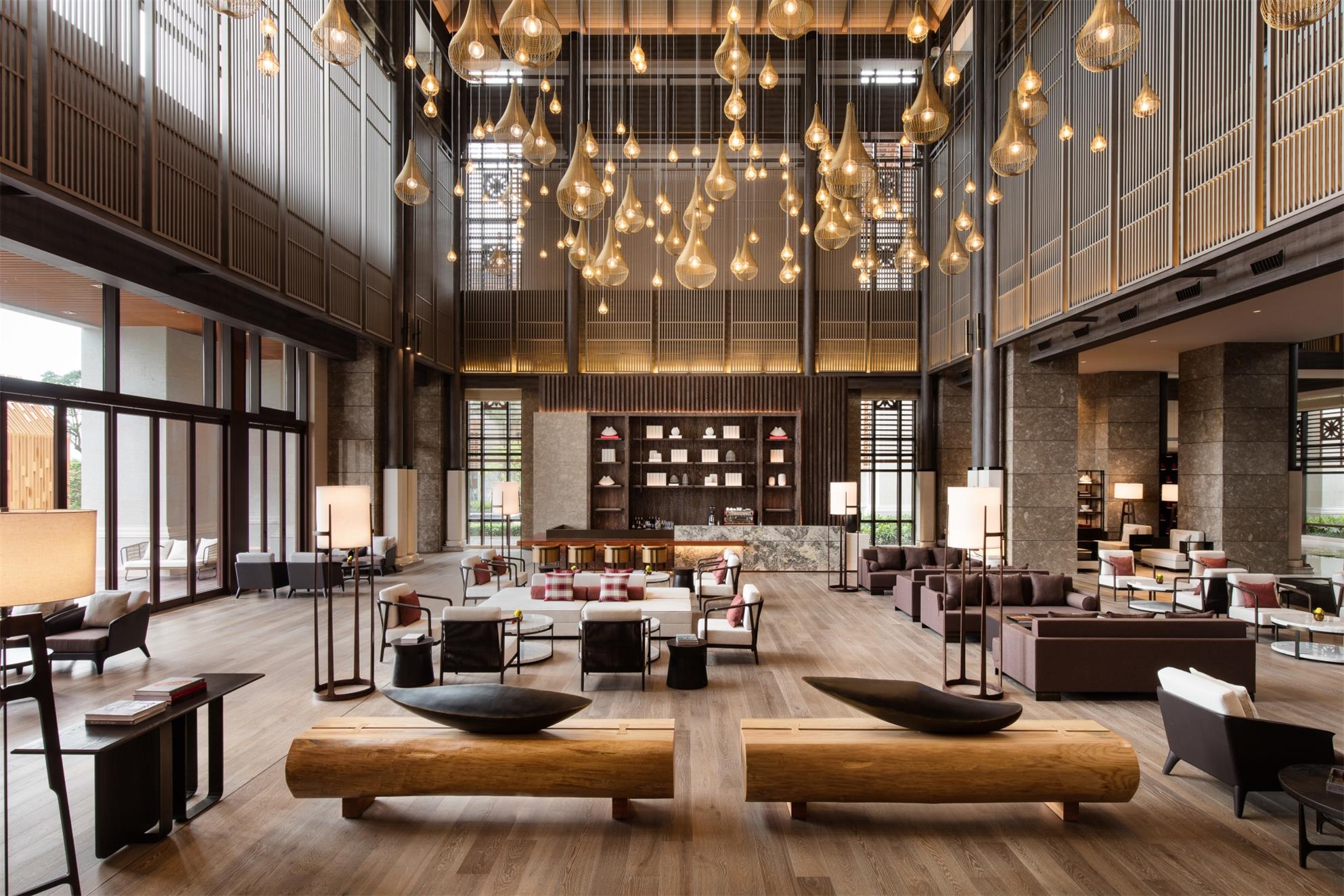 Luxury Hotels (5-star and above): These include internationally recognized brands like Marriott, Hilton, and InterContinental, as well as iconic Chinese properties such as Sanya Atlantis (with its underwater suites) and Beijing’s Peninsula Hotel. Some even boast "7-star" designations, like Fairmont Sanya Haitang Bay and Sheraton Hot Spring Resort in Zhejiang, known for their architectural marvels and exclusive amenities.
Luxury Hotels (5-star and above): These include internationally recognized brands like Marriott, Hilton, and InterContinental, as well as iconic Chinese properties such as Sanya Atlantis (with its underwater suites) and Beijing’s Peninsula Hotel. Some even boast "7-star" designations, like Fairmont Sanya Haitang Bay and Sheraton Hot Spring Resort in Zhejiang, known for their architectural marvels and exclusive amenities.
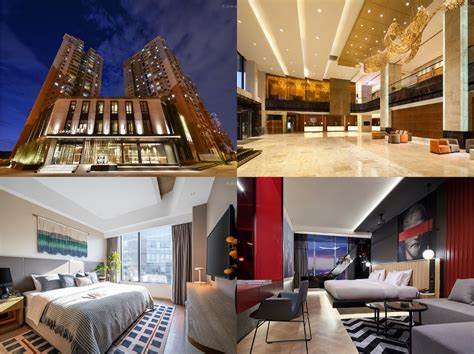
Mid-Range Hotels: Brands like Jinjiang, Huatian, and Atour dominate this segment, offering stylish rooms, smart tech, and value-for-money services. These often feature themed designs, such as Atour’s blend of minimalist aesthetics and local culture.
Budget Hotels: Chains like Home Inn, Hanting, and 7 Days Inn provide clean, no-frills accommodations ideal for cost-conscious travelers.
Boutique and Themed Hotels: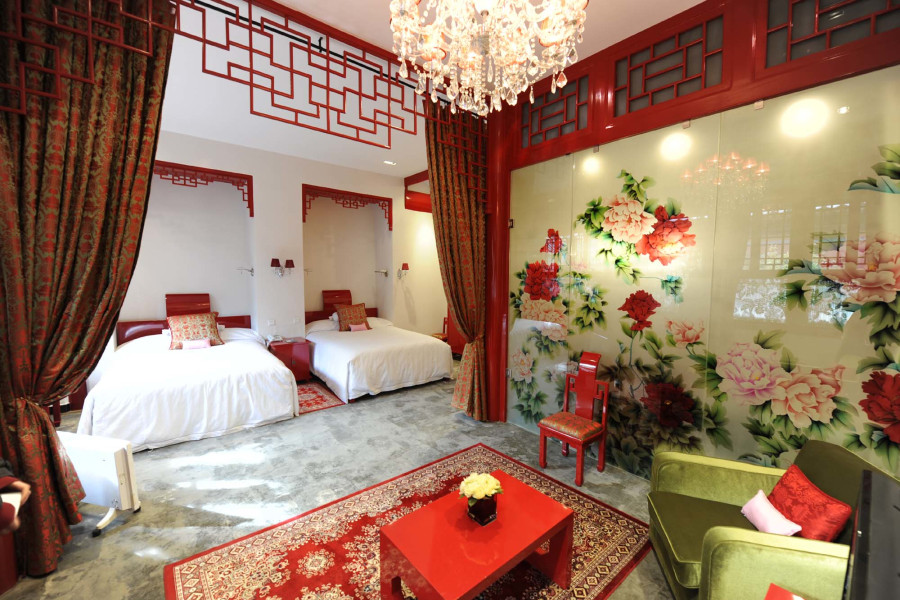 From Chengdu’s opera-inspired lodgings to Lijiang’s traditional courtyard guesthouses, these properties emphasize local culture and personalized experiences.
From Chengdu’s opera-inspired lodgings to Lijiang’s traditional courtyard guesthouses, these properties emphasize local culture and personalized experiences.
Homestays and B&Bs: Popular in rural areas like Yangshuo or Yunnan, these offer immersive cultural exchanges with local hosts.
2. Services and Facilities
a. Luxury Hotels (5-Star and Above)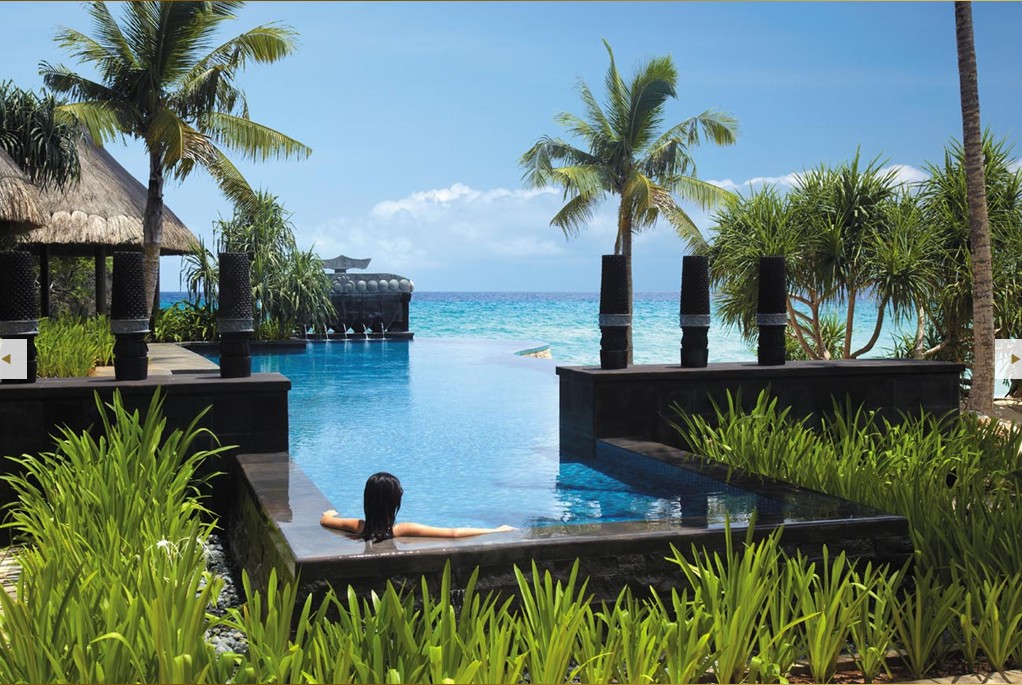
Examples:
International chains: Shangri-La, Four Seasons, Ritz-Carlton
Chinese brands: Banyan Tree, Amanfayun (Hangzhou), Bulgari Hotel Shanghai
Facilities:
Rooms: Spacious suites with premium bedding, smart controls (voice/AI systems), espresso machines, and designer toiletries.
Dining: Multiple restaurants (Michelin-starred options in cities like Beijing/Shanghai), 24/7 room service, and themed afternoon teas.
Wellness: Infinity pools, spa centers (traditional Chinese therapies like guasha or hot stone massages), fully equipped gyms with personal trainers.
Exclusive Services: Private butlers, chauffeur-driven limousines, VIP airport transfers, and personalized cultural tours (e.g., calligraphy classes or tea ceremonies).
Business: Executive lounges, conference halls with translation services, and high-speed Wi-Fi.
Unique Features:
Some properties integrate local culture, such as Amanfayun’s restored Ming-era village architecture or The PuLi Hotel’s Zen-inspired urban retreats.
b. Upper Mid-Range Hotels (4-Star)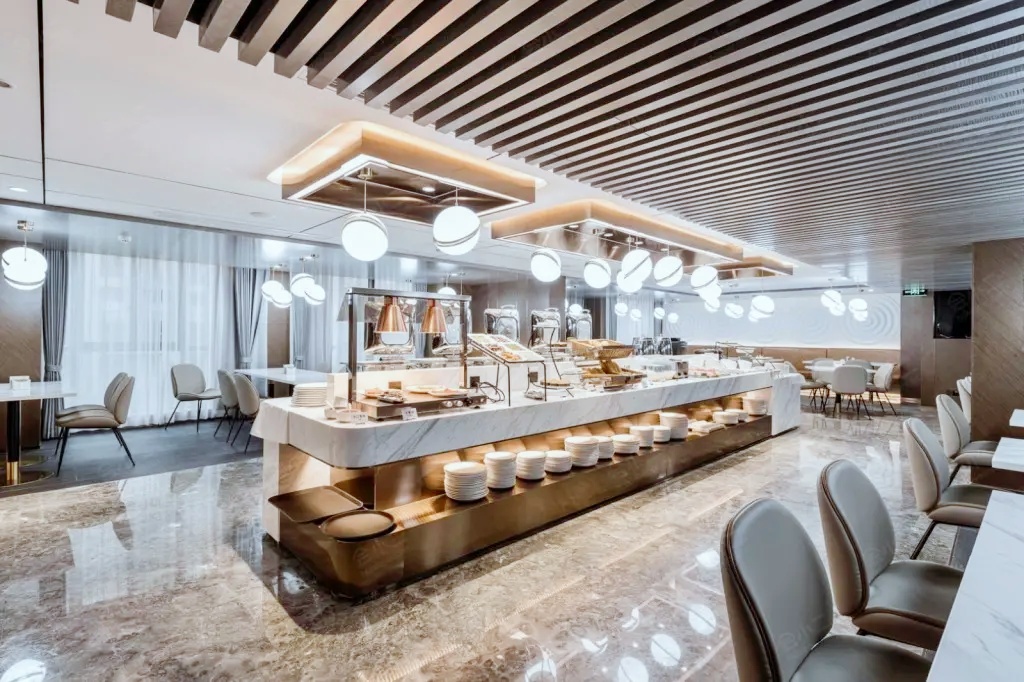
Examples:
Crowne Plaza, Novotel, Atour Hotel, Jinjiang International
Facilities:
Rooms: Modern decor, ergonomic workspaces, mini-fridges, and complimentary tea/coffee stations.
Dining: Buffet breakfasts with Chinese/Western options, casual cafes, and sometimes rooftop bars.
Wellness: Fitness centers (basic equipment), saunas, and occasional indoor pools.
Services: Concierge assistance, laundry/dry cleaning, and free shuttle buses to nearby attractions.
Tech: Mobile check-in/out, QR-code menus, and smart TVs with international channels.
Unique Features:
Brands like Atour emphasize “lifestyle” stays with book lounges, local snack bars, and co-working spaces.
c. Budget Hotels (3-Star and Below)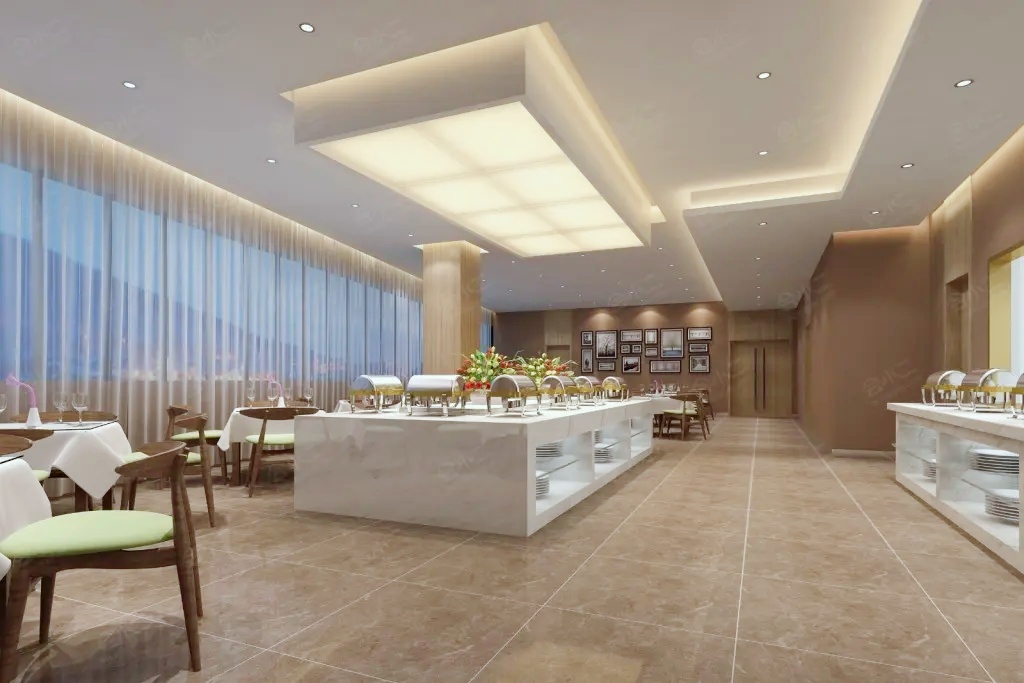
Examples:
Hanting, 7 Days Inn, Home Inn, GreenTree Inn
Facilities:
Rooms: Compact but clean, with AC, en-suite bathrooms, and basic toiletries. Some offer bunk beds for group travelers.
Dining: Simple breakfast options (steamed buns, congee) or vending machines for snacks.
Services: Self-service laundry, luggage storage, and 24-hour front desks.
Tech: Free Wi-Fi (speed may vary), USB charging ports.
Unique Features:
Chains like Hanting focus on efficiency—automated check-in kiosks and app-controlled room settings.
d. Boutique & Themed Hotels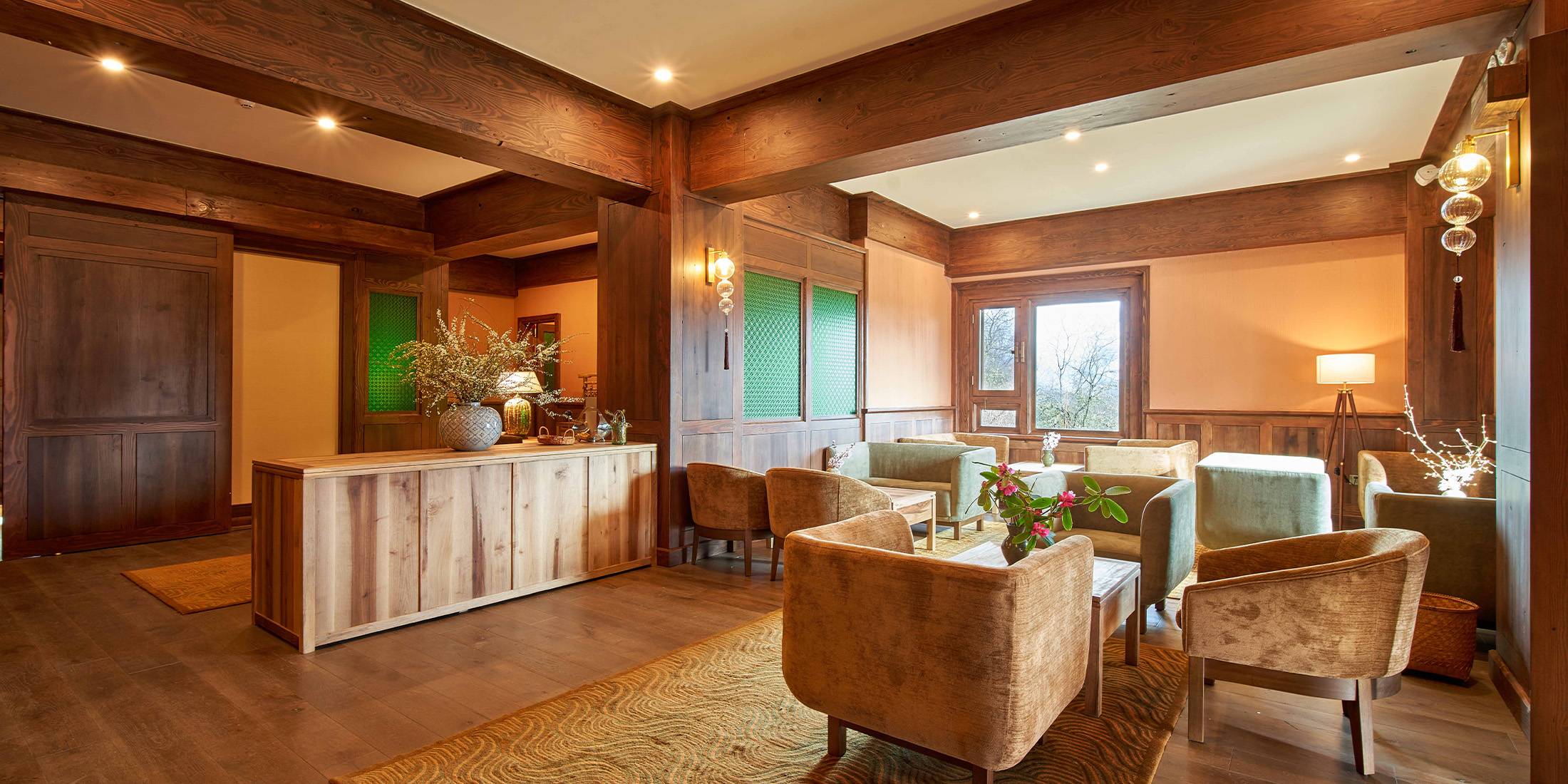
Examples:
Songtsam Lodges (Tibet), The Temple Hotel (Beijing), naked Stables (Zhejiang)
Facilities:
Rooms: Unique designs (e.g., Tibetan-style decor, eco-friendly treehouses) with local artwork.
Dining: Farm-to-table meals, cooking classes, or wine tastings featuring regional specialties.
Experiences: Guided hikes, handicraft workshops (pottery, batik), or stargazing sessions.
Sustainability: Solar power, zero-waste policies, and organic toiletries.
Unique Features:
Properties like Songtsam offer spiritual retreats with meditation sessions led by local monks.
e. Business Hotels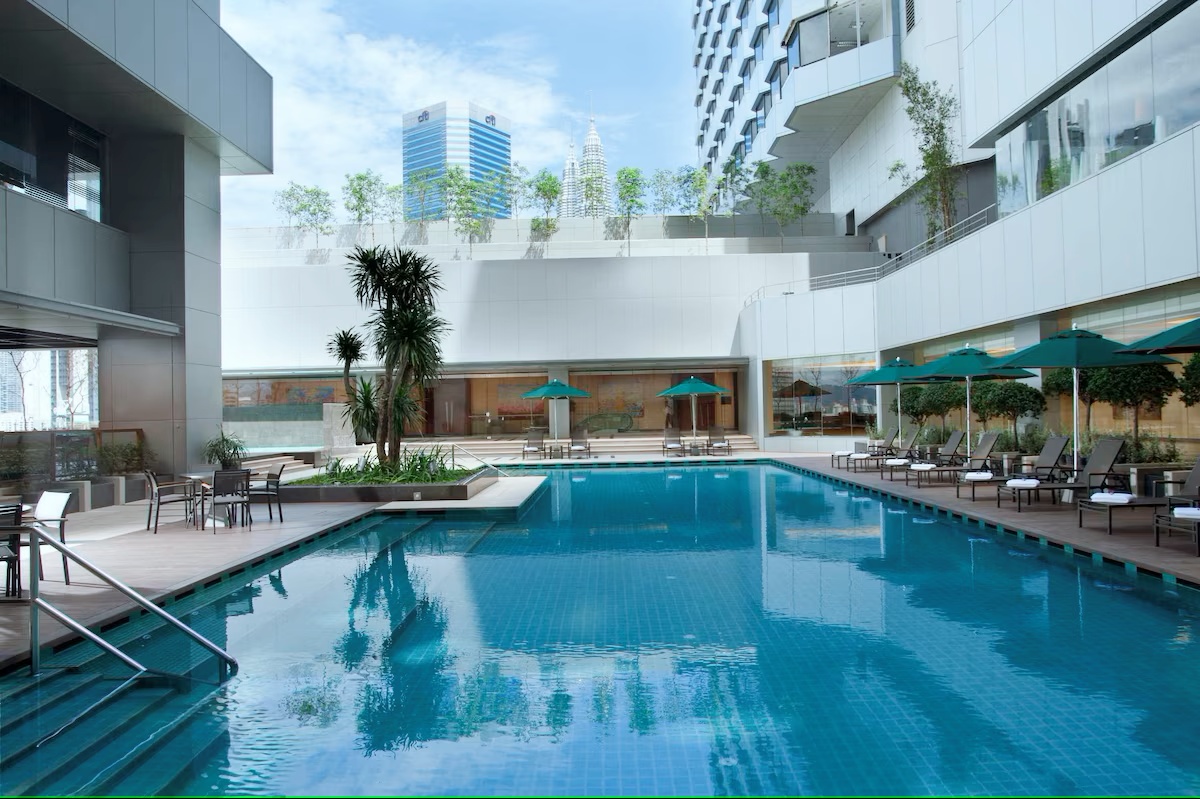
Examples:
Hilton DoubleTree, Howard Johnson, Vienna Hotel
Facilities:
Work Amenities: Soundproof meeting rooms, high-speed Wi-Fi, printers, and video conferencing tools.
Convenience: 24/7 business centers, express laundry, and late checkout options.
Networking: Executive floors with private lounges and complimentary happy hours.
f. Resort & Wellness Hotels
Examples:
Aman Resorts, Banyan Tree, ClubMed
Facilities:
Wellness: Thermal springs, yoga pavilions, detox programs, and Traditional Chinese Medicine (TCM) consultations.
Recreation: Golf courses, tennis courts, kids’ clubs, and guided nature tours.
Dining: Health-focused menus (low-calorie, vegan, or TCM-inspired dishes).
Key Tips for Foreign Travelers
Language Support: Most 4–5 star hotels have English-speaking staff; budget hotels may require translation apps.
Payment: Credit cards (Visa/Mastercard) are widely accepted, but carry cash for smaller establishments.
Cultural Touches: Luxury hotels often provide qipao (traditional dress) rentals or dumpling-making classes.
Accessibility: Major chains offer wheelchair-friendly rooms, but confirm in advance for rural areas.
3. How to Book a Hotel in China
Booking a room is straightforward with these tips:
Online Platforms: Use global sites like Booking.com or local giants Ctrip (Trip.com), Meituan, and Qunar for competitive rates. These platforms allow filtering by price, location, and amenities (e.g., "foreigner-friendly" tags).
Direct Booking: Hotel websites or apps (e.g., Marriott Bonvoy, Huazhu) often offer member discounts or perks like free breakfast.
Travel Agencies: For customized itineraries, agencies like China Travel Service can arrange bundled deals with hotels and tours.
Payment Tips:
Credit cards (Visa/Mastercard) are widely accepted, but smaller hotels may require AliPay or WeChat Pay.
A deposit (often 1–2 nights’ rate) is common, refunded at checkout.
Book early during peak seasons (e.g., Spring Festival, National Day) to secure discounts.
Additional Tips for Foreign Travelers
Check Visa Requirements: Ensure your hotel provides the mandatory registration form needed for visa compliance.
Location Matters: Opt for hotels near subway stations in cities like Beijing or Shanghai for easy transit.
Cultural Nuances: Tipping isn’t customary, but polite gestures like thanking staff with “xiexie” ("thank you" in Chinese) are appreciated.




































